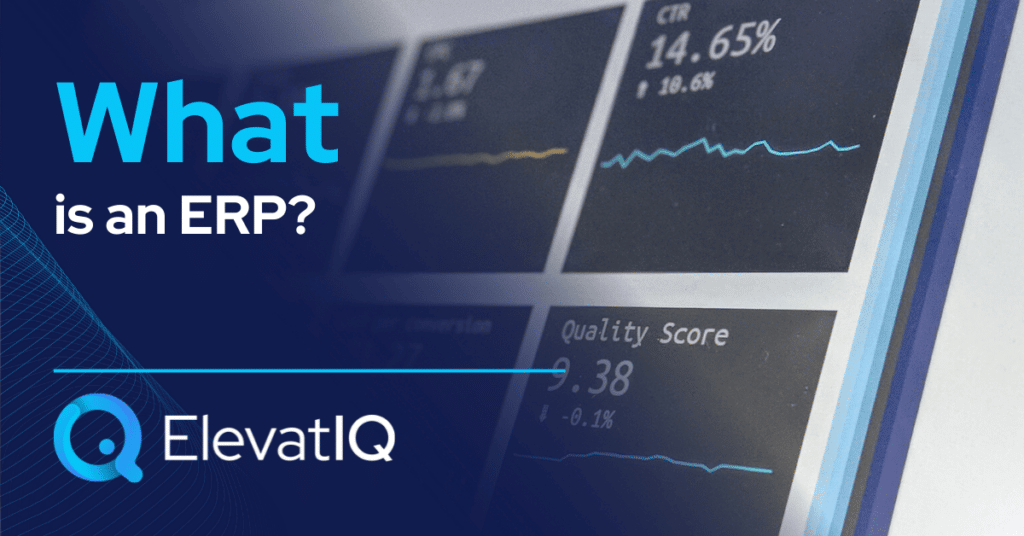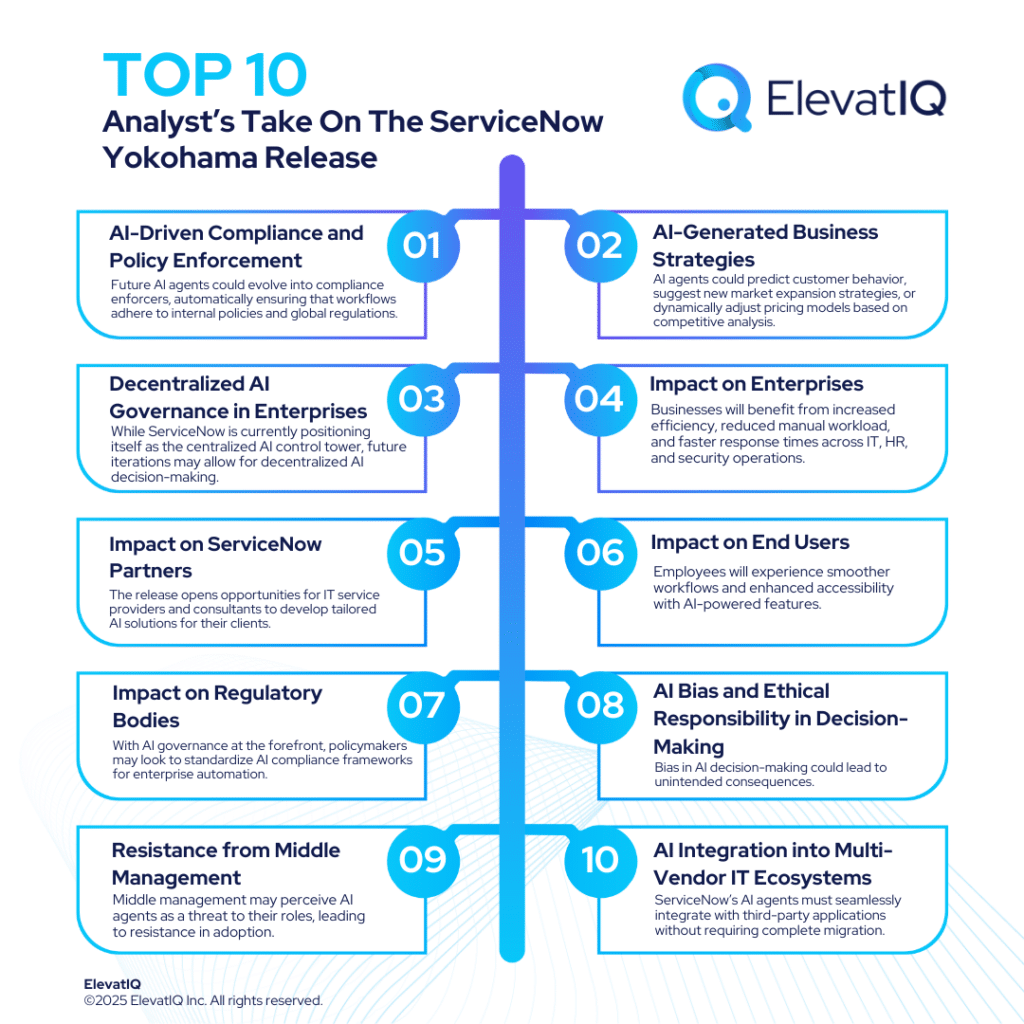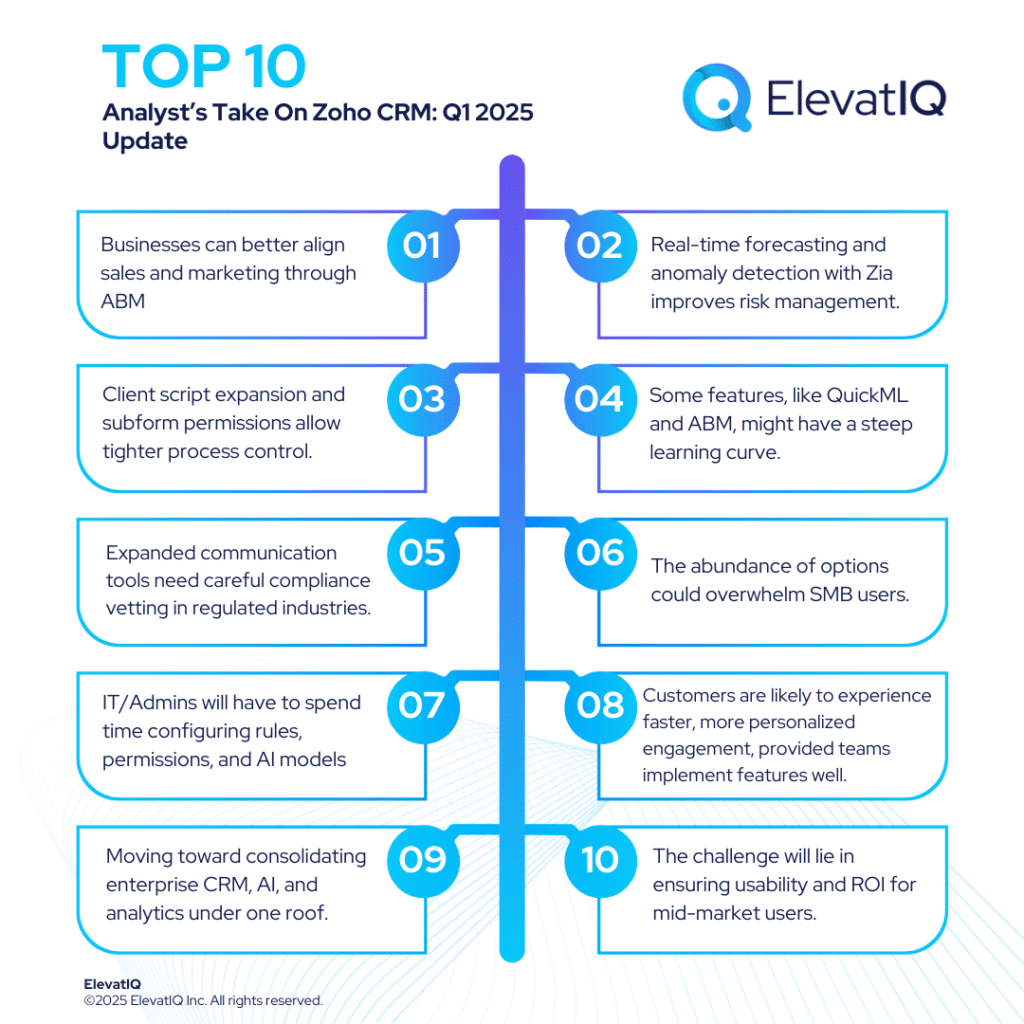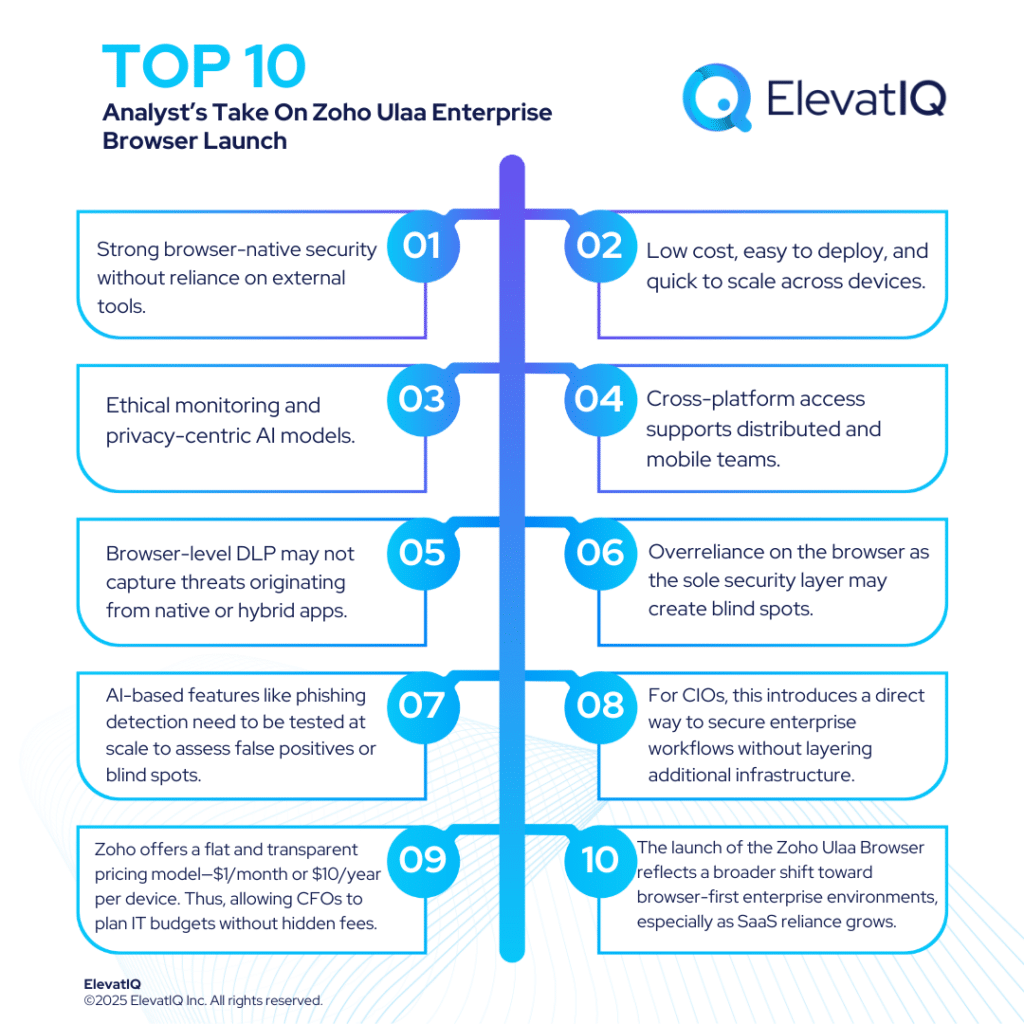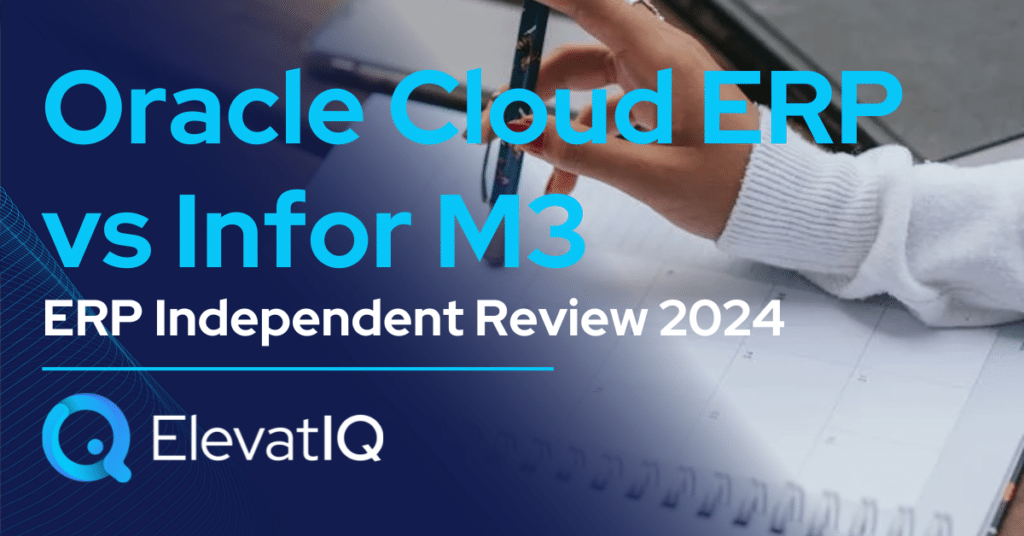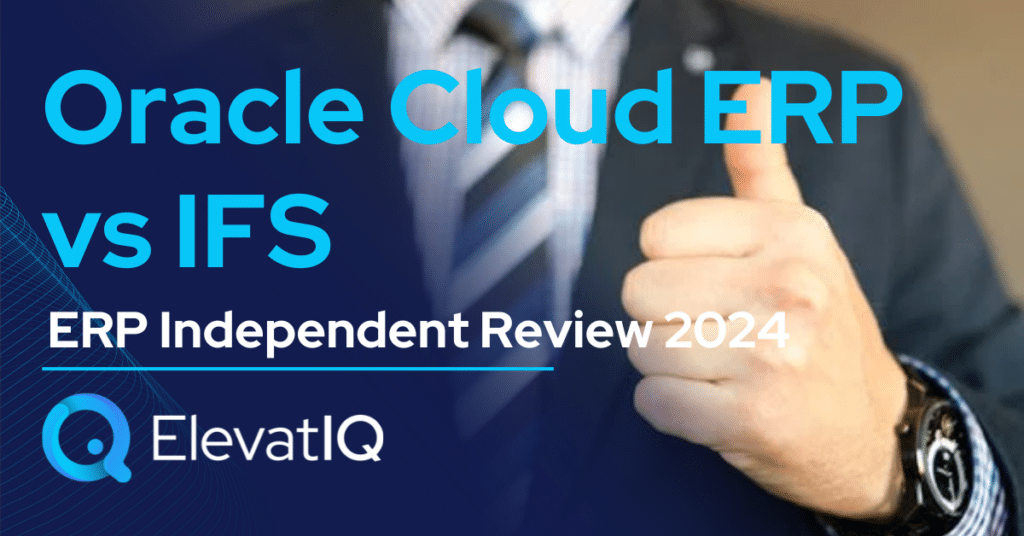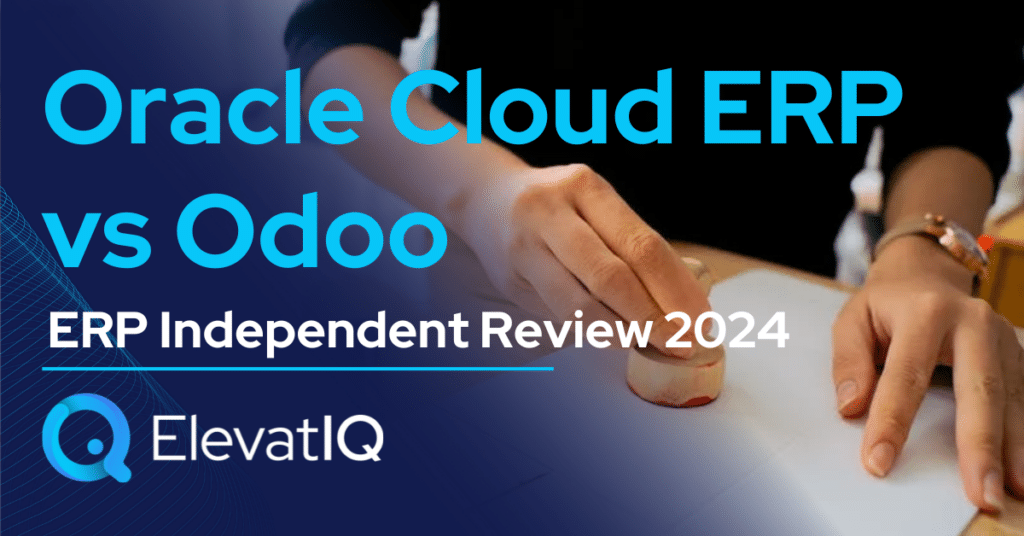Last Updated on March 26, 2025 by Sam Gupta
As with any buzzword, you might find varying opinions (and thousands of definitions) of ERP systems. Some people call it an accounting/financial system, primarily because you can’t implement an ERP without a finance module. Others refer to it as an order management system (just because product-centric industries use it primarily). Finally, if you ask an ERP vendor, they might claim that it’s the ultimate software — you will ever need to run your enterprise. But how true are these claims (or interpretations)? Is an ERP system really that capable? Are there any limitations?
While it is true that an ERP system can run the majority of business processes for several industries, ERP is not always the best choice in every scenario. Based on the experience of our management team implementing ERP software for various industries for the past 20 years, this is how we define it:

a Management Information System
A modern ERP enables managers (and executives) to use the appropriate real-time information (and data) needed to make key decisions on devices of their convenience. An average small business employee wears more than five hats, while founders (or owners) might shoulder the remaining responsibilities. Since owners are typically the longest-serving employees, their heads generally contain the most tribal knowledge. As they grow and hire more managers, the owners and managers will have limited information available to them. This is due to the added responsibilities and their limited bandwidth. It’s also due to the “filtering” in cascading information from middle management to executive circles (intentionally or unintentionally). Filtering might exist for several reasons, including their fear of being penalized (or tailoring the message to what they like to hear).
This generally leads to erroneous decisions because of misleading information, leading to high failure rates of their strategic initiatives. Because of this experience, owners and managers become highly risk-averse, avoiding ideas outside of their comfort zone. A modern ERP system provides an integrated view of the organization at managers’ fingertips. This view helps them tap into opportunities with confidence (without biased information).
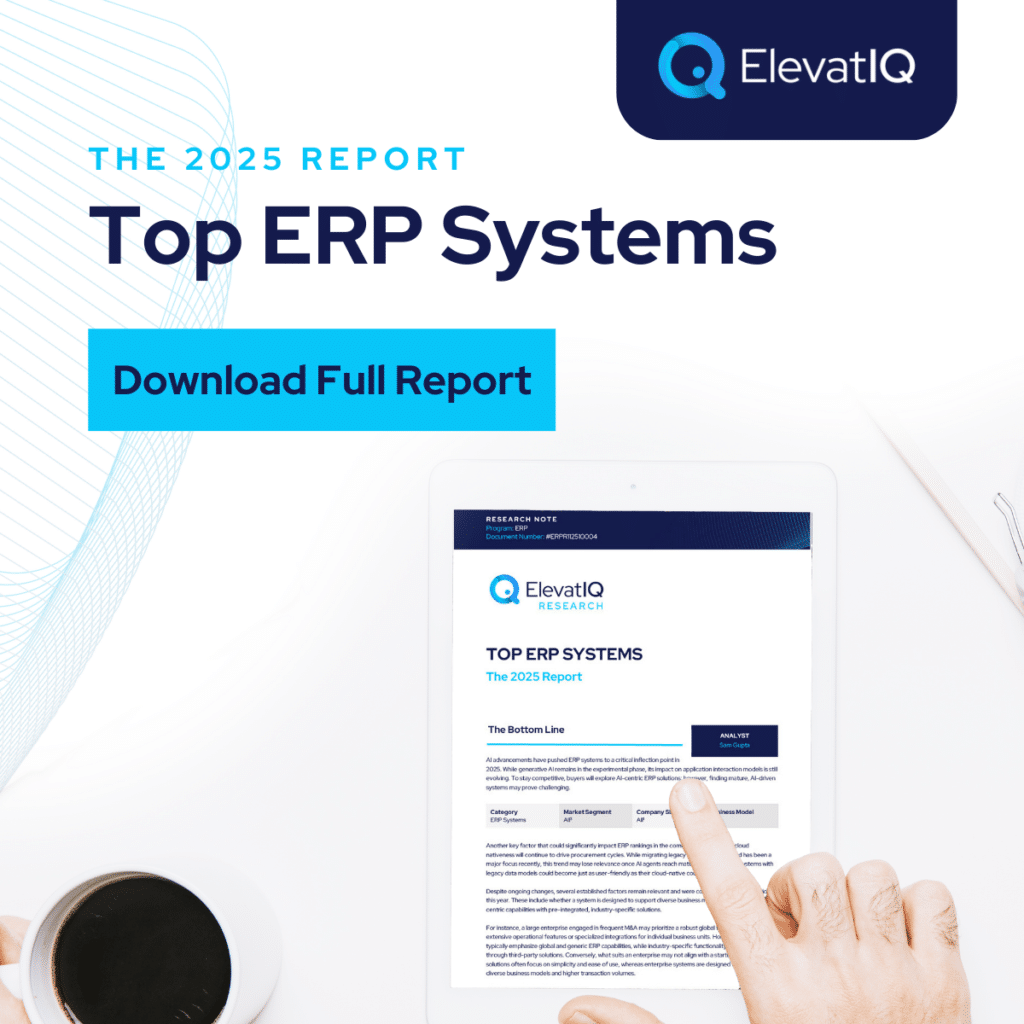
A “Buy-vs-Build” decision
An ERP is meant to be a packaged product that you buy. So you don’t have to build it yourself. Unless you plan to run your business manually, you will require business software to host your processes, such as Finance/Accounting, Sales/Marketing, HR, and Operations. Most small businesses might start with a basic accounting system such as Quickbooks or Xero (or a small CRM such as Zoho or Hubspot). The other technical-savvy businesses may have in-house developers who might write a system on their own.
While developers may have differing opinions here, sponsors with prior experience funding a software development project would define it in three terms: Difficult, expensive, and risky. Your least risky option would be to find off-the-shelf, already-built software. That is most commonly used in your industry or micro-industry. While not always possible, as each business has some uniqueness to it, your best bet would be to evaluate the closest option. Generally, these options are tailored for your micro-industry, supporting most current and future business models and transactions (as well as geographies). Despite these options containing tailored processes for your industry, you still need to plan for some level of customization, which needs to be articulated and mapped with great detail before signing any contracts.
From the perspective of manufacturing or operations management, this is also the same-old “buy-vs-build” concept. This is a topic that management schools have been coaching for decades, and it is generally also familiar to most executives. When you buy an ERP, you make a conscious choice to buy an already-built product as opposed to building it on your own.
To illustrate it further, making a decision to implement an ERP is like buying an iPhone. You buy it because you appreciate the way the iPhone works. Customizing it to make it look like your old Nokia would not be a smart choice. In fact, it may turn out to be difficult, expensive, and risky.

single source of truth for the entire organization
An ERP eliminates departmental (and functional silos), providing unifying access to information across the enterprise without conflicts (or duplication). While the concept of a single source of truth has been prevalent in various contexts, the true essence is rarely understood, let alone implemented. If you are not familiar with this concept, the best analogy would be to compare it with our human brains. Imagine if our body parts controlled their own tiny “brains” and the problems associated with federated intelligence and control systems.
An average business uses more than ten systems (or “brains”), such as a payroll system. It could also be an accounting system or a reporting system. Ignoring all other “brains,” such as millions of spreadsheets sitting on each employee’s desktop (and don’t forget the real brains of your key employees as they contain tribal knowledge as much as other siloed systems do). This problem of multiple “brains” causes several issues: 1) duplication of efforts. 2) slowed processing. 3) inefficient onboarding of new resources. 4) added costs of maintaining each system. 5) lack of control. An ERP system provides the very same “glue” that our human brains do. It helps us organize information without a second or conflicting source of truth.
the most strategic investment without fail
An ERP always turns out to be a strategic investment for most businesses. Done right, it is a key enabler for most other forms of investments, such as human resources or IP. While successful business owners (and executives) may have differing views on strategic investments, some regard it to be their key employees. Others view the product, idea, opportunity, or brand to be their strategic assets. However, in our view, it is the culture that attracts key employees and enables long-lasting processes, which has the potential to create an assembly line for generating product ideas.
The key ingredients of culture typically consist of clearly defined roles and responsibilities. They also include fair measurement and recognition of their contributions. Access to information is key to enabling this culture. The other major factors include a career path (the traceability of how their contributions would lead to success in their careers), helping create a differentiating culture. Implemented effectively, this is exactly what an ERP does to your business, which is why it’s one of the most strategic investments ever.

a journey
While several industry-specific ERP options exist to expedite the process, an ERP journey is never finished with implementation. In fact, managers with experience implementing several ERPs suggest that the ERP journey typically starts with a successful implementation.
To understand this, think of an ERP as modular components that are available to construct different buildings for various use cases. Pre-built modular components are likely to provide an immediate ROI as you don’t have to invest your time and resources in constructing them from scratch. Once you own a house, you will have a better understanding of your needs, which are likely to grow over time. While there are several methods available for need realization, such as Phase 0 (Zero) — which will be very similar to creating a model house or a blueprint before starting construction — there will always be gaps in your expectations vs what you would get in the real world. So, living an ERP life often leads to superior processes and a better understanding of what works for your specific context, which evolves over a period of time.
With time, as with houses, ERPs advance with superior capabilities (and technologies). So, once you install an ERP, you are setting yourself up for a very exciting and rewarding journey. A journey that enriches as time passes and as your experience grows using it. Be open-minded with an ERP project — and treat it like a journey as opposed to a trip.


